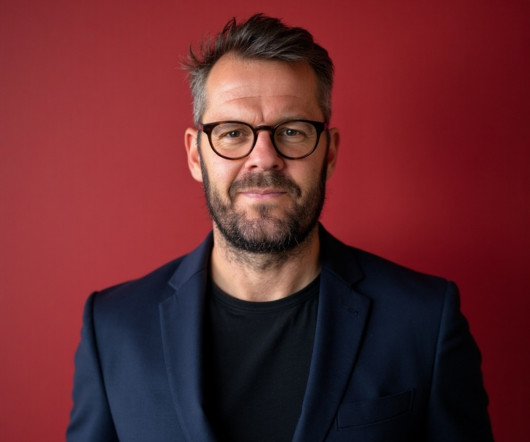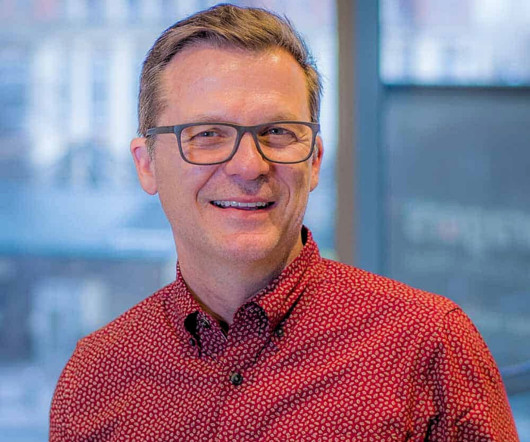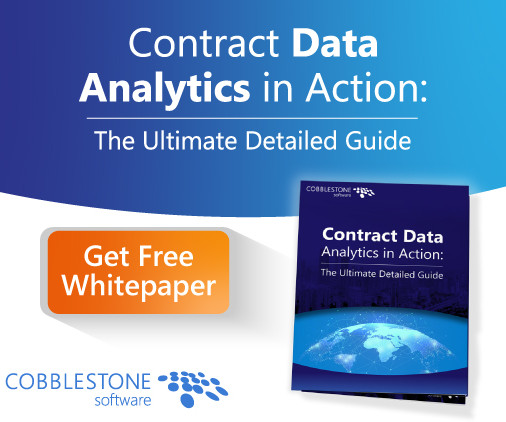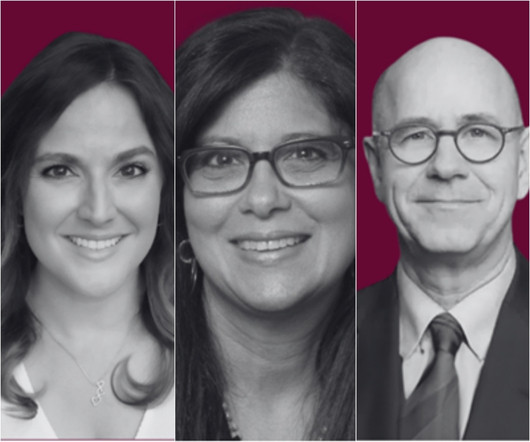A Full Five Person FCC - What's Next For Broadcasters?
Broadcast Law Blog
JULY 29, 2009
For the first time since the term of FCC Commissioner Tate expired and Chairman Martin resigned, the FCC will be back to full strength with the Senate's approval of new FCC Commissioners Mignon Clyburn and Meredith Attwell Baker. What issues of importance to broadcasters will the Commission, now headed by Chairman Julius Genachowski , take up in coming months?


































Let's personalize your content